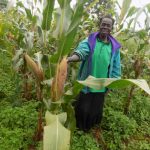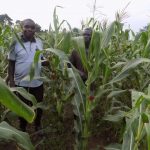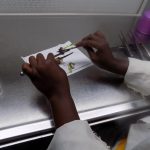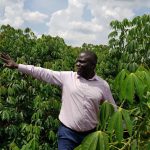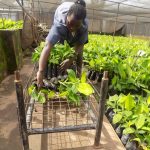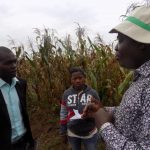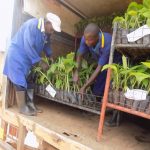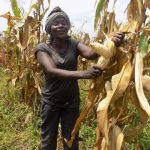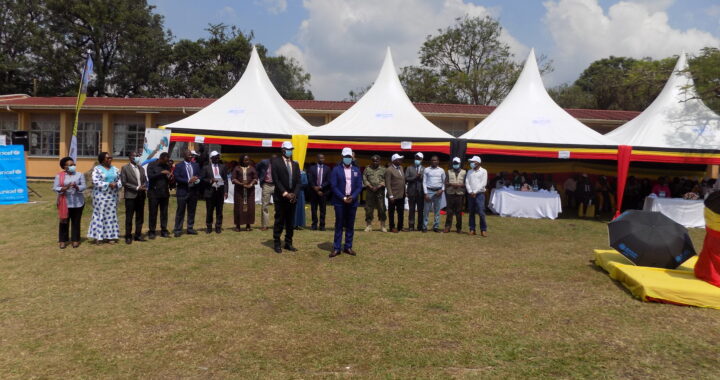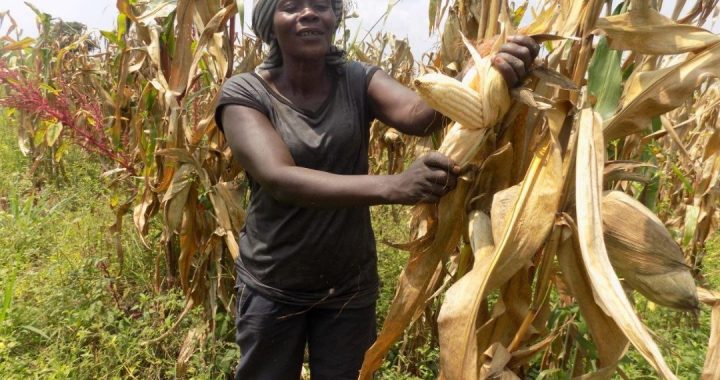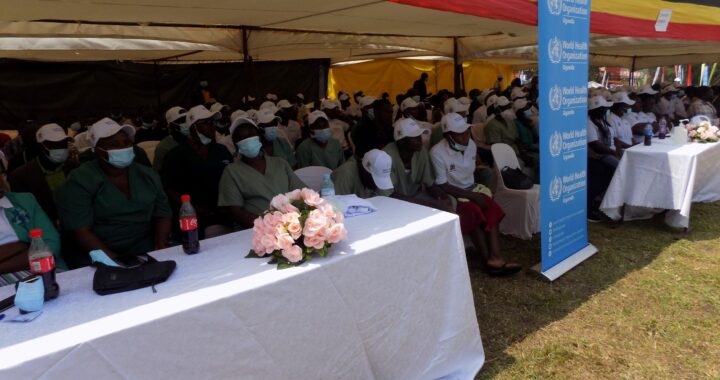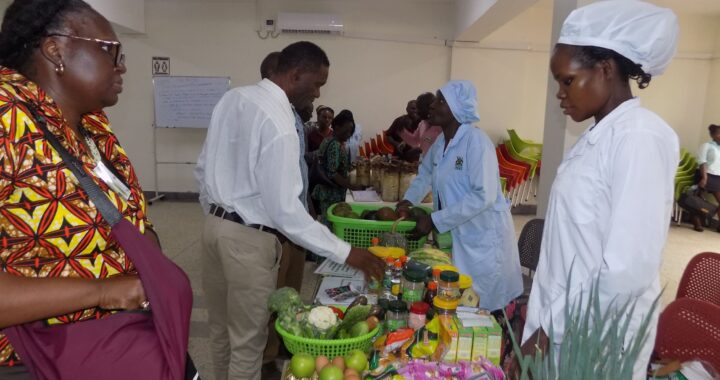Anti -GM activists target Malaria Eradication Program in Uganda
4 min readChristopher Bendana
Kampala, Uganda
You call it a small issue; I call it a very big issue. It is a national concern. You think they will stop in Kalangala, replied Semakula when I called him by phone to talk to him about his opposition to Gene- Drive mosquitoes research in Kalangala Island, in Lake Victoria, Ugandan part.
A former teacher and journalist, Bambalazaabwe Semakula says his full time effort is to fight and oppose the introduction of the Genetic Research (GM) mosquitoes in Kalangala, and in the country.
He speaks like an environmental scientist explaining the role of the mosquitoes in the ecological ecosystem.
He was one of the organizers of a workshop sensitizing local leaders on the dangers of the project at Lake View Hotel, Kalangala on 5 October, 2023.
“Only a few species spread malaria, he said, you can’t wipe out the whole species.”
He said mosquito larva is food for the small fish.
The Uganda Virus Research Institute (UVRI), based in Entebbe town is currently collecting mosquitoes from the island and studying their ecology under the Target Malaria program.
The goal is to zero on the specific species that spread malaria, genetically modify it with the goal of reducing the population that transmit malaria, and therefore reduce transmission of the malaria parasite.
“Research is still in its infant stage and all concerns will be handled by the regulatory compliance procedures in place, and independent risk assessment.
“Each step is distinct and has different requirements and actors,” said Jonathan Kayondo, the principal investigator for Target Malaria at the UVRI.
The scientists here are working with Target Malaria colleagues in Ghana, Mali, and Burkina Faso.
In Burkina Faso, where there was also some opposition, research is continuing, laying eggs for labs and breeding is taking place.
“In Uganda, the research is still in its early stage focusing on entomological mosquito collections from Islands within Lake Victoria and mainland field sites located in Mukono and Kayunga districts. At present, our teams are collecting mosquitoes from village sites for purposes of studying mosquito dynamics and behaviour to provide baseline information for the research,” adds a statement on UVRI’s website.
The African Union has set 2030 as a target to eliminate malaria on the continent.
But the anti-GM activists aren’t waiting for the research to release the genetically engineered mosquitoes anywhere in the country.
“There is a lack of transparency in the program. People were made to sign consent forms minus knowing what they were signing. They were meant to believe that it is a government project. This is a Melinda & Gates Foundation project. They are promoting their technology,” Barbara Ntambirweki, one of the activists opposing the technology, said by phone.
“Once people know their rights, they will stand high.”
Ntambirweki needs no introduction to her opposition to GM research in Uganda.
A lawyer, she seriously opposed the Genetic Engineering Regulatory Bill 2018 that was meant to regulate the promotion and development of GM crops in Uganda with some success.
The crops including Uganda’s staple bananas and sweet potatoes that had been incorporated with genes that confer resistance to common pests and diseases in East Africa-are currently held up in laboratories unable to reach the farmers because of lack of the law.
The bill, the Genetic Engineering Regulatory Act though passed by Parliament has never been assented to by President Yoweri Museveni. Museveni, in a letter written to the then Speaker of Parliament Rebecca Kadaga, raised a number of issues including the likely loss of indigenous genetic biodiversity like the indigenous Ankole cow and indigenous crops.
The president tasked the National Agricultural Research Organization (NARO) and the Ministry of Agriculture, Animal Industry and Fisheries (MAAIF) to work out a plan, which he referred to as for Noah’s Ark where all our indigenous materials for plant and animals will be kept uncontaminated with any GMO for future use if there is a crisis within the modernization efforts.
In the year 2021, Uganda had the third highest number of Malaria cases in the world.
According to the World Malaria Report 2022, Uganda with 5%, Nigeria 27%, Democratic Republic of Congo 12%, and Mozambique 4% accounted for about half of the 247 million global malaria cases. The country has done fairly well in its fight against the virulent fever with multiple interventions from indoor spraying, to the promotion of insect treated nets by the government.
Semakula says these interventions once promoted can help eradicate malaria, not the gene drive technology.
You can support this independent journalism by contacting cbendana@sciencenowmag.com
